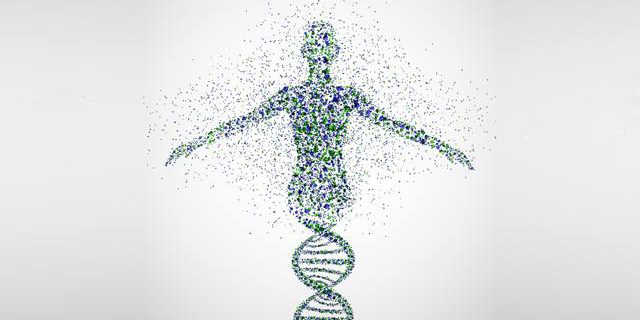NEW YORK (CBSNewYork) – There are an estimated 30 million people in the U.S. with an eating disorder.
Now, CBS2’s Dr. Max Gomez reports that new research has found that there are certain genes that make a person more likely to develop a serious eating disorder.
For 10 long and difficult years, Cayetana Martinez lived with eating disorders. First anorexia from age 15, then bulimia from 18.
“It’s hell… On top of having the worst critic inside your head all the time, you do feel like it’s your fault,” Martinez said.
Scientists at Berghofer Research Institute in Australia say they can identify people at risk of anorexia – by looking at their DNA. Examining samples from almost 17,000 people worldwide with the illness, and 55,000 people without, eight genes were identified.
“There’s still some myth, a misconception that people choose to have anorexia, that’s not true. People are deprived of control once they catch it,” Dr. Warren Ward explained.
The study also found strong genetic links between the illness and other psychiatric conditions like obsessive compulsive disorder, depression, anxiety, and schizophrenia. Researchers found it’s metabolism that plays a role.
“There’s some hint that people prone to anorexia are processing those carbohydrates and fats differently to the rest of the population,” Prof. Nicholas Martin said.
Now there are hopes a drug will be developed in the future to help treat the illness.
“It would have given a big part of my life back, and made me feel like I could have been cured rather than feeling like I had to figure it out by myself,” Martinez added.
It’s important to realize that genetics are not necessarily destiny. Many factors go into turning these genes into actual anorexia cases, so not all carriers will develop an eating disorder.
Knowing that it’s not their fault goes a long way to removing the stigma of eating disorders.






